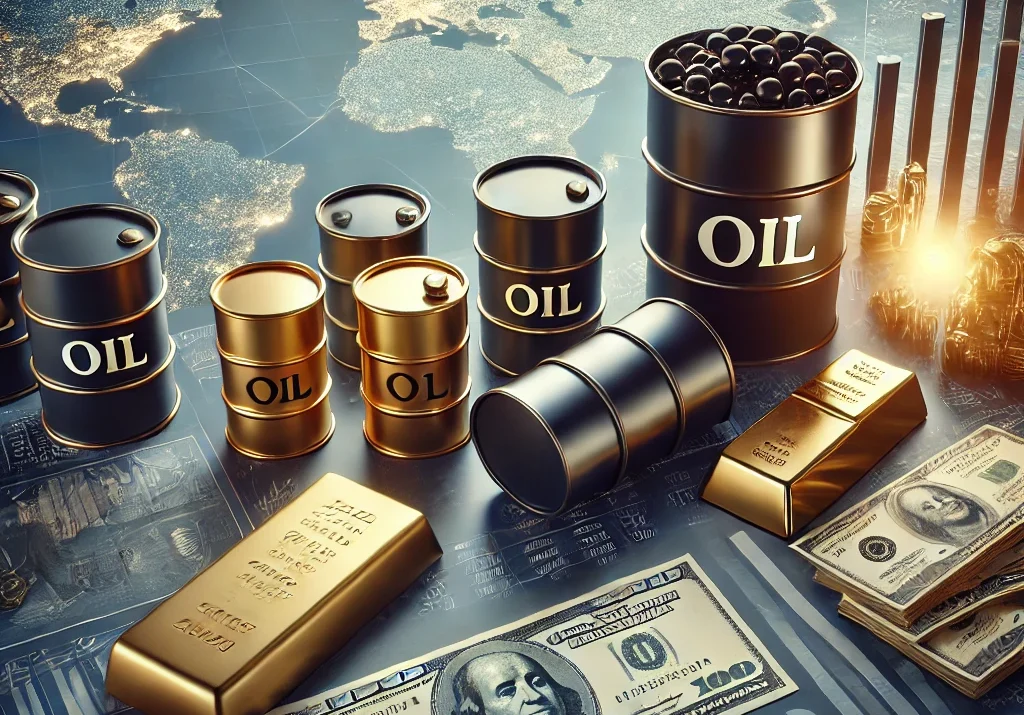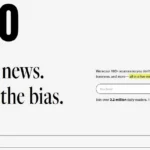Amid rising concerns over the escalating conflict between Israel and Hezbollah, UBS analysts have advised investors to focus on portfolio diversification and targeted asset allocation to limit exposure to individual risks. While the conflict’s impact on global markets remains contained for now, the situation has the potential to cause disruptions in the energy sector, particularly if tensions escalate to involve Iran and the U.S.
- Diversification is Key: UBS emphasizes the importance of maintaining a diversified portfolio to shield against individual risks. Staying invested can still offer benefits, given the supportive global macroeconomic backdrop.
- Oil as a Hedge: With concerns over oil supply disruptions, particularly around the Strait of Hormuz, oil-related assets are highlighted as a potential hedge. Analysts warn that any significant damage to oil infrastructure could push Brent crude prices above $100 per barrel for several weeks.
- Gold as a Safe Haven: Amid market uncertainty, gold continues to be a valuable stabilizing asset. Having risen nearly 30% this year, gold is expected to gain further, supported by factors like anticipated Fed rate cuts, higher seasonal demand, and central bank purchases.
- High-Quality Credit Assets: UBS recommends exposure to high-quality credit assets for portfolio stability during volatile periods.
The analysts also noted that while the Israeli shekel has weakened due to the conflict, global markets should prioritize broader economic drivers, assuming the conflict remains regionally contained.
By balancing energy and safe-haven assets, investors can limit risks while staying aligned with evolving global conditions.










